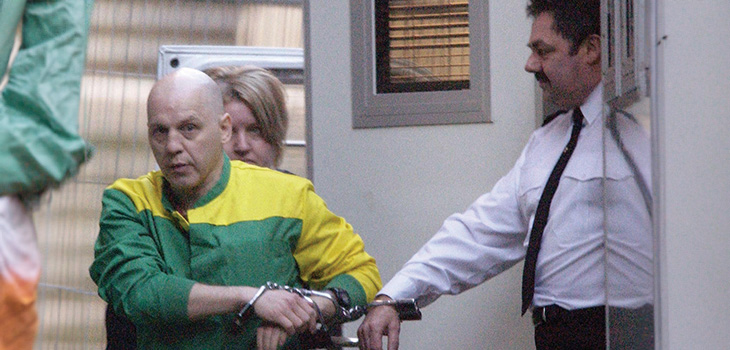
The conviction of Michael Stone for the brutal murder of Dr Lin Russell and her daughter Megan is the subject of analysis by David Wolchover, Ridgeway Chambers, in this week’s NLJ
Wolchover writes: ‘There has never been a shred of forensic evidence implicating Stone—no microscope traces, no fibres, no fingerprints, no DNA, nor any other evidence connecting him with the scene.’ Instead, the prosecution put forward evidence of a prison cell confession.
Was it a sound conviction? Wolchover dissects the case and comments on the law regarding unsworn oral confessions in private.










